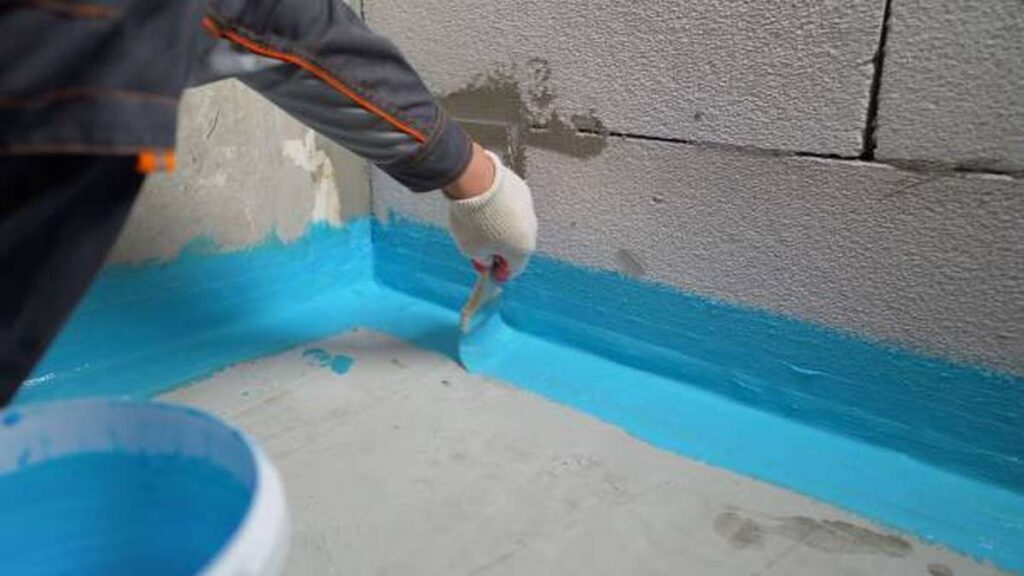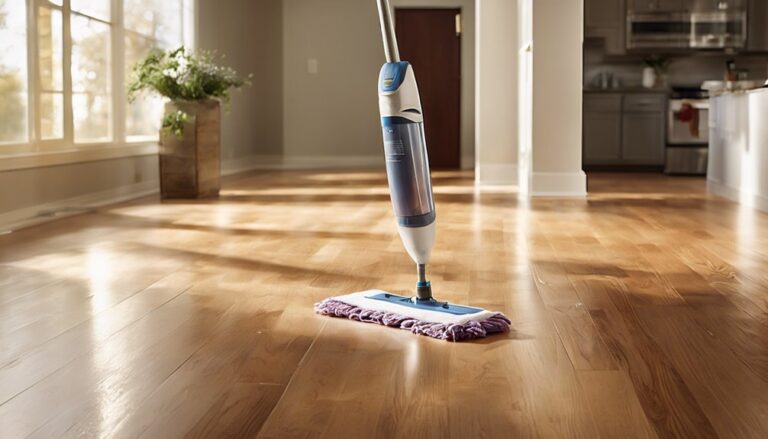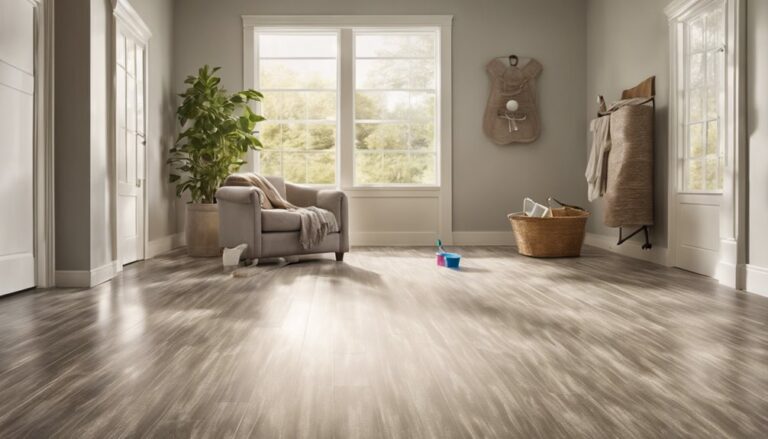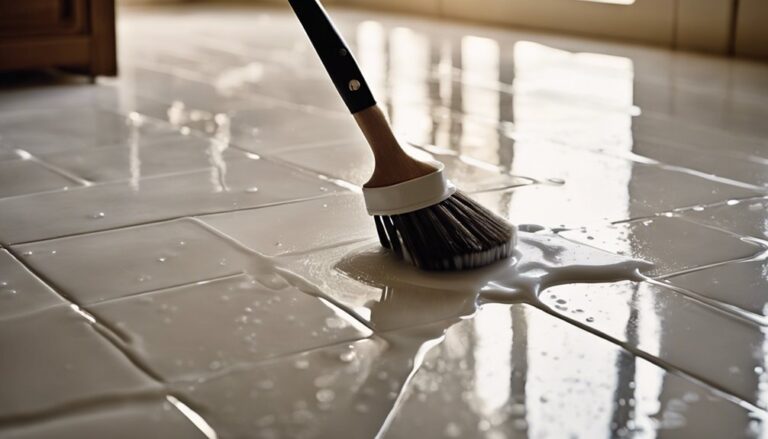Concrete floors are a popular choice in homes and businesses due to their durability and sleek appearance. But have you ever stopped to wonder if they might be affecting your health?
You might be surprised to learn that the very floors you walk on every day could be impacting your well-being. This article will delve into the potential health risks associated with concrete floors, addressing concerns you may not even realize you have.
By understanding the effects on your body, you’ll be better equipped to make informed decisions about your living or working environment. So, are concrete floors really bad for your health? Keep reading to discover the truth and find out how you can protect yourself and your loved ones.
Health Concerns Of Concrete Floors
Hard surfaces like concrete are tough on joints. Walking or standing can cause pain. Knees and hips often feel the strain. Floors lack softness. This can lead to discomfort. Over time, bones may ache more. Many people notice joint pain increases.
Concrete floors can be dusty. Dust can irritate the lungs. Breathing becomes harder. People with asthma may struggle more. Dust particles float in the air. They are easily inhaled. This can cause breathing problems.
Concrete floors feel cold. They do not keep chaleur well. In winter, feet may feel cold. This can make people feel chilly. Rooms with concrete floors need more heating. This increases energy bills. Warm socks or rugs can help.

Chemical Exposure Risks
Volatile Organic Compounds, or VOCs, can be found in some concrete floors. These compounds are gases released from certain solids or liquids. Many common household items release VOCs, including paints and varnishes. They can cause breathing problems and headaches. Some people may feel dizzy or have a sore throat. It’s important to ensure proper ventilation to reduce these risks.
Sealing and coating chemicals help protect concrete floors. But, they may release harmful fumes. These fumes can lead to health issues. It’s crucial to use these chemicals in well-ventilated areas. Choose products with low VOC levels. This can help keep the air clean. Always read labels for safety instructions.
Environmental Factors
Concrete floors can trap humidité easily. This trapped moisture can lead to mold growth. Mold can cause health problems. Breathing problems and allergies are common. People with asthma should be careful. Regularly check for damp spots. Keep floors dry to prevent mold. Proper ventilation helps too. Use dehumidifiers if needed. Always fix leaks quickly.
Concrete floors can feel cold. In winter, they make rooms chilly. Walking on them can be uncomfortable. Use rugs to keep feet warm. In summer, they may feel cool. This can be nice when it’s hot. But, quick changes in temperature can be harsh. Insulating the floor can help. It keeps temperatures steady. This helps with comfort and health.
Mitigating Health Risks
Concrete floors might pose health risks due to their hard surface. Prolonged standing can cause discomfort and joint pain. Using mats or cushioned footwear can help reduce these effects.
Flooring Alternatives And Enhancements
Concrete floors can be hard. They might cause discomfort. Many people consider softer sol options. Carpets and rugs are popular choices. They add comfort and warmth. Vinyl and laminate are also good options. These materials can mimic concrete’s look. But they feel softer underfoot. Adding area rugs can help too. They provide cushioning and reduce noise. You can also use floor mats. They are easy to clean. And they come in many styles.
Proper Maintenance And Cleaning
Keeping floors clean is important. Dust and dirt can build up. This can cause allergies. Regular cleaning reduces this risk. Use a vacuum or broom. They remove surface dirt. Mopping with gentle cleaners helps too. Avoid strong chemicals. They can harm the floor and air quality. Instead, use natural cleaners. Vinegar and water work well. They are safe and effective. Keeping floors clean can improve health. It makes your home safer and more comfortable.
Benefits Of Concrete Floors
Concrete floors are strong. They last a long time. Many floors wear out. Concrete stays good for years. It does not need much care. No need to change often. Saves time and money.
Concrete is earth-friendly. It uses less energy to make. It can be recycled. Old concrete is reused for new projects. Helps save our planet. Keeps air clean. Good for people and nature.
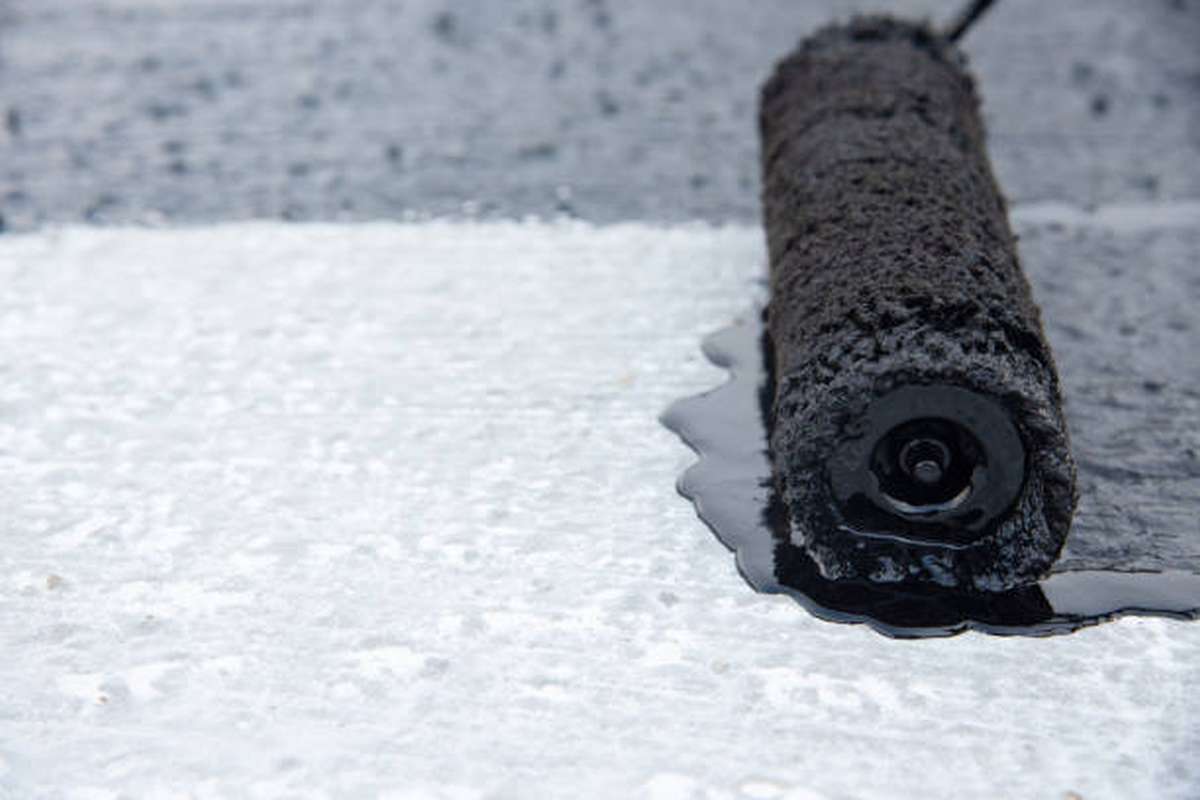
Expert Opinions
sols en béton can be very hard. This can lead to foot pain. People may feel uncomfortable after standing long. Health experts say this is a common issue. Long hours on concrete can hurt knees too. Some people experience back pain as well. To avoid problems, wear soft shoes. This can help in reducing the pain. Experts also suggest taking breaks. Stretching can be useful too.
Many builders use concrete for its strength. It lasts a long time. Architects love its clean look. It works well in many designs. But the floors are cold. This can be tough in winter. Rugs or carpets can help. They make floors warmer. Builders also suggest using floor mats. These can provide extra comfort. Builders say this makes floors much nicer to walk on.

Questions fréquemment posées
Are Concrete Floors Harmful To Health?
Concrete floors can be harmful if not properly maintained. Dust and allergens can accumulate, affecting indoor air quality. Proper sealing and regular cleaning minimize health risks, making concrete floors a safe option.
Do Concrete Floors Cause Cold Feet?
Concrete floors can feel cold, especially in winter. Insulating the floor with rugs or underfloor heating can alleviate this issue. Proper footwear also helps to maintain warmth and comfort.
Can Concrete Floors Affect Indoor Air Quality?
Yes, concrete floors can impact air quality if not sealed. Unsealed concrete releases dust and allergens. Sealing and regular cleaning improve air quality, making it healthier for occupants.
Are Concrete Floors Hard On Joints?
Concrete floors are hard and can be tough on joints over time. Using cushioned mats or rugs can reduce strain. Proper footwear also helps lessen joint discomfort.
Conclusion
Concrete floors pose some health risks, but solutions exist. Consider soft rugs for comfort. Ensure proper cleaning to reduce dust. Use mats to prevent slips. Regular maintenance keeps floors safe. Concrete’s durability is undeniable. But it’s important to balance safety with style.
Evaluate your space and needs. Choose wisely for a healthy home. Consult professionals for installation advice. Health should always be a priority. Make informed choices for your flooring. Keep your living space both stylish and safe. Your well-being matters most.

